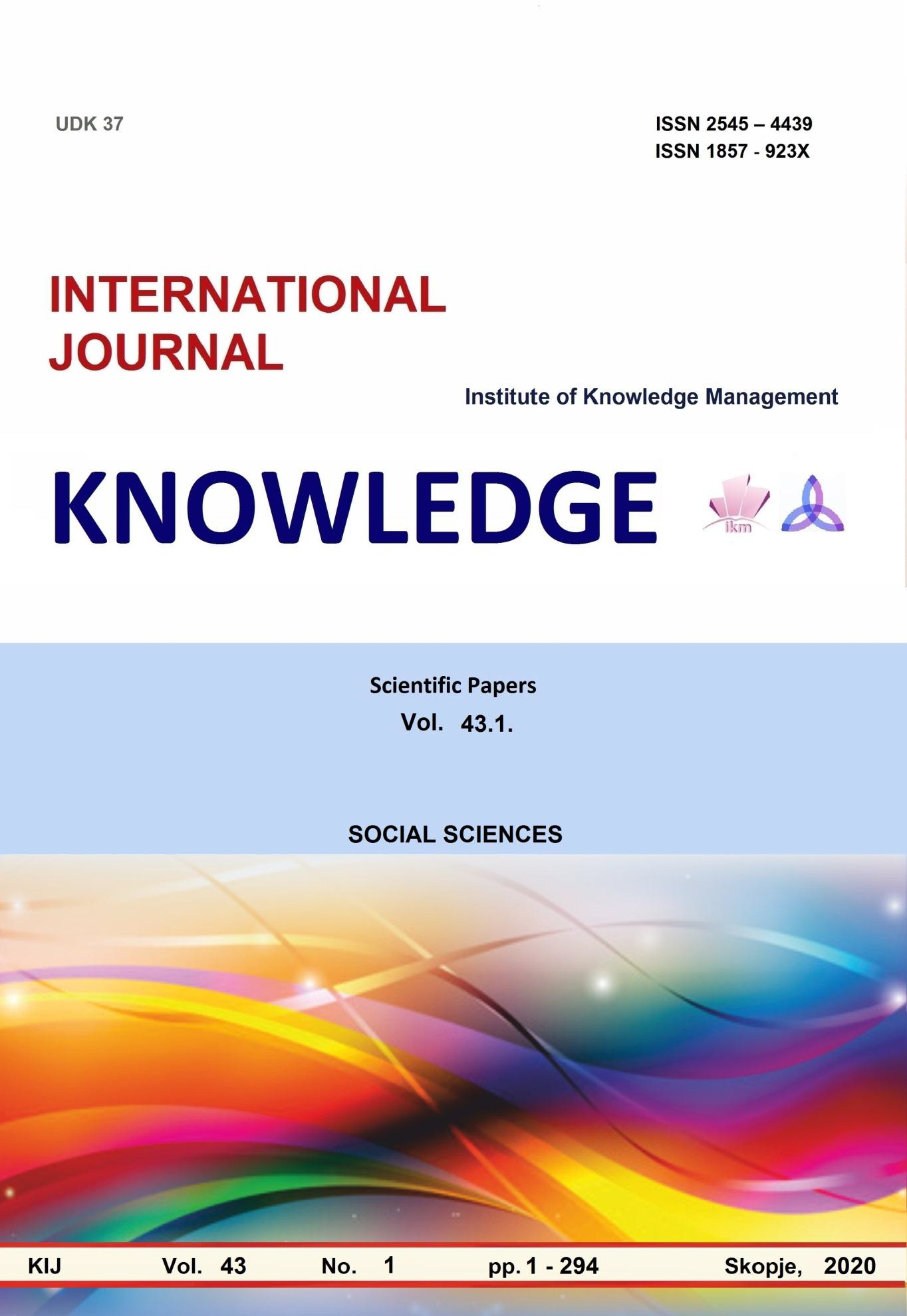TREGTIA E LIRË IDEOLOGJI APO PRAKTIKË E EKONOMISË LIBERALE, ME THEKS TË VEQANT NË KOSOVË
FREE TRADE IDEOLOGY OR PRACTICE OF LIBERAL ECONOMY, WITH SPECIAL EMPHASIS ON KOSOVO
Author(s): Mustafë Kadriaj, Burim Morina, Ylber KrasniqiSubject(s): Business Economy / Management
Published by: Scientific Institute of Management and Knowledge
Keywords: system; ideology; economic principles; monopoly; oligopoly; free competition
Summary/Abstract: Kosovo is a country emerging from the economic practice of the socialist system where the whole economy was oriented and the party had the last word by dictating policies in production and trade, so demand was dictated by supply imposed by the state. Kosovo, unfortunately, faced the transition to a market economy and an unfair war, in addition to the casualties, there was considerable economic damage, but with the installation of the United Nations mission named UNMIK, the installation of the principles of market economy. Apart from the trumpeting of the market economy by the UNMIK administration but also after the independence of the country, the market economy was just a formality starting from privatization and doing business where the last word was the oligarchy and informal groups installing and at the same time dictating economic monopolies and oligopolies from privatization where the vital economy, although privatized, still remained a monopoly, eventually an oligopoly, but at least competitive economies, at the same time the most powerful businesses in terms of capital operate according to the principle of oligopolies dictating price, a behavior contrary to free competition and most severely behind these businesses lie the people of politics making these businesses immune before the law resulting in distortion and damage to free trade. It is natural that everyone wants cheaper, higher quality and more diverse products and services. No one is willing to pay more for something without any consideration. People are willing to pay more only when they perceive a benefit in quality. In general, everyone, perhaps except those who find it difficult to determine, want to have as many choices in front of them. This is only possible when there is more than one company in the market and they are in free competition with each other. Each company, trying to increase its profit on its own shall offer customers a combination of products or services that meet the requirements of cheap price, quality and various choices. One company may be more focused on lower quality but cheaper products, while the other company on the contrary; but in each case the competition between them results in a variety of offers and opportunities. Each consumer is then free to vote with their own money for or against the offers available. Because companies are completely at the mercy of the consumer — because without them they cannot generate revenue — they are forced to constantly respond to their wishes, and even to precede them. They are forced to take consumer votes seriously otherwise they face losses and eventually bankruptcy. This is essentially how the market economy works. On the other hand, when a product or service is not offered by the market but by a state-owned enterprise, price, quality and variety fall sharply. The state-owned enterprise does not act according to the dictates of the consumer because it is not dependent on their money.
Journal: Knowledge - International Journal
- Issue Year: 43/2020
- Issue No: 1
- Page Range: 201 - 207
- Page Count: 7
- Language: Albanian

